Revised use of reasonable force and other restrictive interventions in schools guidance
Feedback updated 8 Jan 2026
We asked
To what extent the draft guidance on the use of reasonable force and other restrictive interventions in schools supported schools to:
- Meet the new statutory requirement to record every significant incident of use of force and report these incidents to the parents of the pupils involved.
- Proactively minimise the need to use reasonable force and other restrictive interventions through prevention, de-escalation and data analysis to support improvement planning.
- Support staff to understand when and how to use force or other restrictive interventions safely and lawfully.
- Support staff who work with pupils with SEND.
- Support staff to meet their safeguarding duties towards pupils and other staff.
You said
The guidance was strong in many areas, particularly in supporting schools to develop policies on the use of reasonable force and restrictive practices. Areas for improvement included clearer terminology, more advice relating to the use of seclusion, and further support on training.
We did
The guidance was updated to include clearer terminology and new dedicated advice on the use of seclusion in schools. We also introduced new legislation to mandate that schools must record and report the use of seclusion to parents, bringing our policy into alignment with existing plans to commence legislation mandating schools to record and report significant incidents involving the use of force. Support on training will be considered as part of the next phase of the work programme.
Overview
We're seeking views on the revised ‘Use of reasonable force and other restrictive interventions in schools’ guidance.
Why your views matter
This Government firmly believes that every child and young person should know that success can belong to them, and that is why we must break down all barriers to opportunity. This includes focusing on high and rising standards in education, so everyone can enjoy the best start in life.
We're seeking your views on whether the revised 'Use of reasonable force and other restrictive interventions in schools' guidance supports schools to:
- Meet the new statutory requirement to record every significant incident of use of force and report these incidents to the parents of the pupils involved, effective from September 2025.
- Proactively minimise the need to use reasonable force and other restrictive interventions through prevention, de-escalation and analysing data to support improvement planning.
- Support staff to understand when and how to use force or other restrictive interventions safely and lawfully.
- Support staff who work with pupils with special educational needs or disabilities (SEND).
- Meet their safeguarding duties towards staff and pupils.
What happens next
The results of the consultation and the Department's response will be published on GOV.UK in 2025. The revised guidance documents will come into force in school year 2025/26.
Audiences
- Academies (including free schools), voluntary aided schools, voluntary controlled schools, foundation schools and community schools
- Adoptive parents
- Adult and mental health practitioners
- Bodies representing schools and local authorities
- Clinical commissioning groups
- Designated safeguarding leads
- Educational Psychologists
- Faith bodies
- Foster carers
- Governing bodies and academy trusts
- Government bodies and departments
- Governors
- Headteachers
- Health visitors
- Local authorities
- Parents
- Pupils
- School nurses
- School support staff
- SENCOs
- Teachers
- Those evaluating programmes for children in need
- Those involved in underlying theoretical research on abuse and neglect, child development etc
- Those researching children’s social care or education systems, with links to educational outcomes of Children in Need
- Unions and representative organisations
- Virtual school heads
- Young people
Interests
- Academies
- Accountability
- Alternative provision
- Behaviour and discipline
- Disabled children
- Education
- Equality
- Governance
- Health and wellbeing
- Intervention
- Keeping children safe in education and other settings
- Preventing neglect, abuse and exploitation
- Pupil data
- Safeguarding disabled children
- Statutory policies and guidance
- Teaching and learning (SEND)
- Training and development

Share
Share on Twitter Share on Facebook